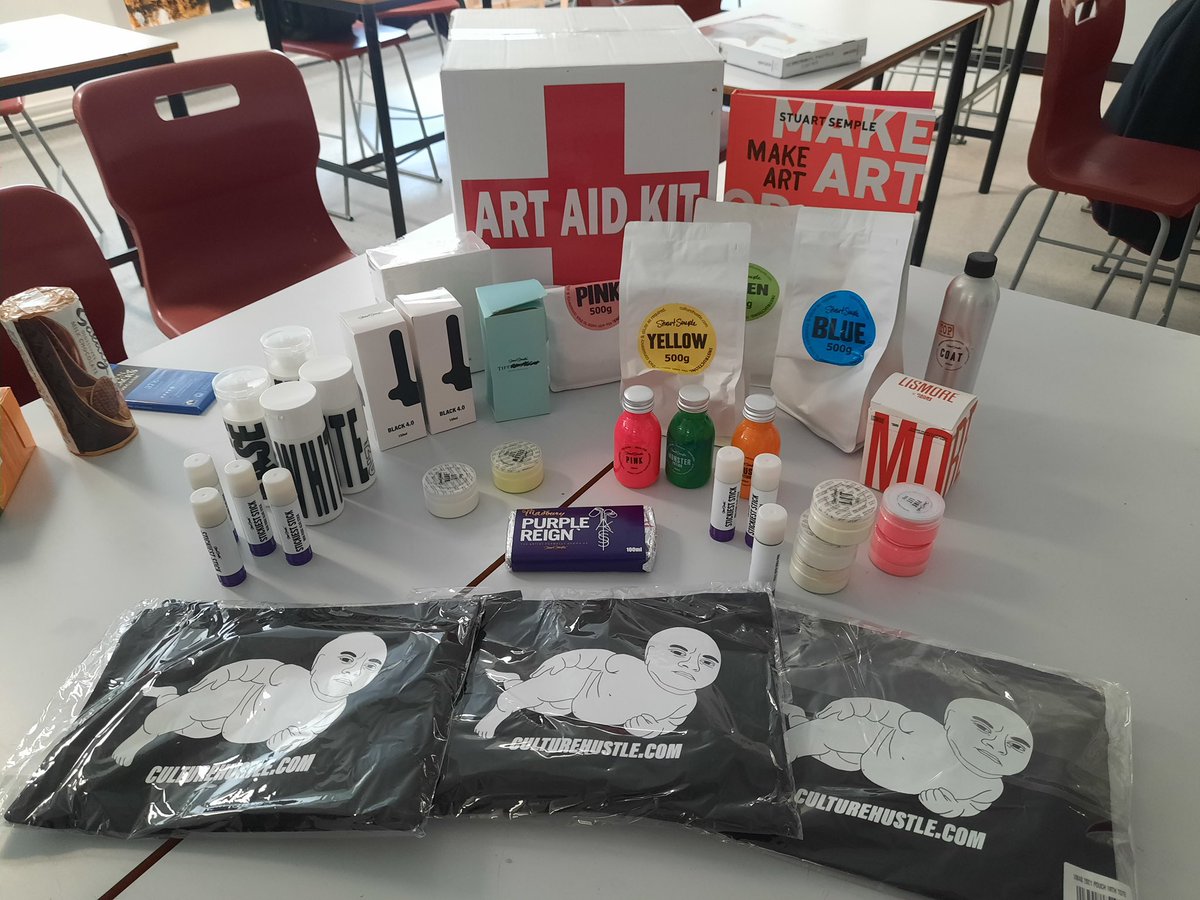Food
The study of food and nutrition has been reintroduced to the Harris Greenwich curriculum as we hold the knowledge of what we eat, how it is sourced and the importance of this central to a broad and balanced curriculum. In a changing world, it is imperative young people develop an understanding of the changing food they eat. Understanding the importance of sustainability, the science behind nutrition and a developing knowledge of the food industry is held central to the study of food. In all year groups, students will gain a rich understanding of scientific processes relevant to food preparation, nutrition and sourcing alongside a practice of food preparation covering a broad range of recipes and ingredients.
Key Stage Three
Across all year groups at Key Stage Three, pupils will be developing foundational knowledge to introduce them to the rigour of the food curriculum. They will begin the course by learning about food safety in the kitchen, focusing on personal hygiene and safety routines which will stand them in good stead for food preparation across all year groups. Students are then introduced to the principles of nutrition by exploring the five key nutrient groups and their functions in the body. They investigate the food sources of these nutrients by experiencing a variety of ingredients in the recipes they follow and the dishes they produce. Pupils practice the safe use of small hand appliances to produce salads, soups and smoothies safely, whilst learning about how these fit into a balanced diet. Students progress in their study to investigate foods that can be baked in the oven and how these foods contribute to the energy needs of different age groups. Students are taught the sensory adjectives used to describe the taste, appearance and texture of their dishes. As students progress through year groups beyond their first year of study they will go on to develop a knowledge of food science, where they will understand functional and chemical properties of foods, and food around the world, where they explore sustainability and the impact food production has on the environment. Throughout their study, practical skills such as knife skills, weighing and measuring, and different cooking methods are practiced.
Key Stage Four
Year 10
Students who choose to study Food, Preparation and Nutrition as a GCSE subject will develop an understanding of theoretical knowledge surrounding the food industry alongside practical and investigation skills. Students will begin Year 10 with an exploration food, nutrition, and health. They will learn about the function of nutrients in the body as a foundation for the course. Throughout the first term they will learn about the guidelines and nutritional needs for different people and how to adapt food for special diets and the links to diet related disease. This opening to the course gives students a foundational knowledge of the sources of nutrients needed to understand the core concepts of food and nutrition. Later in the term, students deepen their knowledge of food safety and learn how to control microbial growth in food and practice food safety procedures in the kitchen. Alongside learning this knowledge in term one, students practice their food preparation skills; practising knife skills and cooking methods, preparing a range of meat and fish dishes, learning how to bake bread dough.
In term two of year 10, students begin their study of food science. They learn about heat transfer and the chemical and functional properties of nutrients: proteins including denaturation and coagulation; carbohydrates including dextrinisation and caramelisation; fats including shortening and emulsification. They investigate the different types of raising agents- chemical, biological and mechanical. They use their knowledge of food science to prepare meringues, whisked sponge, fresh pasta, and choux pastry. In this term they also develop a knowledge of food choice: studying the cost of food; religious, cultural and ethical food choice; and investigate British and international cuisine. This prepares students for costing recipes and tailoring foods to individual dietary needs. Students learn to prepare tagines, falafel, and experiment with gluten free bakes throughout this term.
In term three of year 10, students understand food provenance. This includes an exploration of how food is grown, reared and caught. Students investigate the environmental impact of food production and its sustainability. They also learn about food processing and technological advances in food production. Students learn to prepare fishcakes, focaccia bread, and practice how to preserve sauces and jams. Towards the end of this term, students practice a formal investigation into properties of ingredients. In this process they will practice identifying a research aim, using primary and secondary researching, interpreting statistics, and summarising research to produce a practical investigation report.
Year 11
In Year 11 students will build on their knowledge of the five main topics of study; food nutrition and health, food safety, food science, food choices and food provenance to prepare them for their examination.
In addition, throughout Year 11 students will be given two separate briefs which will count as their Non-Examination Assessments (NEA). NEA One is a food investigation where they will research and test the chemical and functional properties of ingredients by conducting fair tests and evaluating and justifying data to construct a conclusion (for example students will be given an ingredient to research and conduct a practical investigation into.)
In NEA Two students will be given a brief where they are required to research different elements and use technical practical skills to create three dishes according to a specification. Students will also create a time plan and demonstrate their knowledge of ingredients, equipment, skills and food safety to prepare, cook and present final dishes.
By the end of their study of GCSE Food Preparation and Nutrition, students will have the skills and knowledge to work in a kitchen, or progress onto further study in practical courses such as a Level 3 in Food Preparation to develop their cooking skills and pursue a culinary career. Students may also opt to continue their academic study of nutrition, food science, food chemistry or product development to pursue a career in the many areas of the growing food industry.
Documents
| Food Curriculum Map 2021 2022 | Download |



















